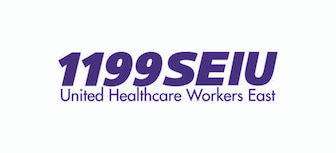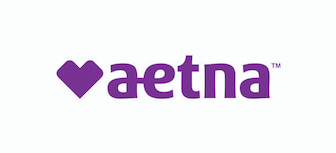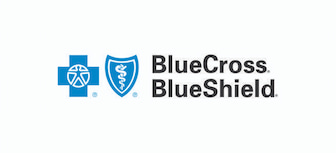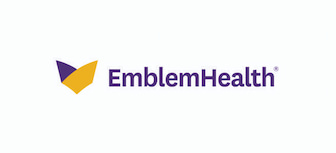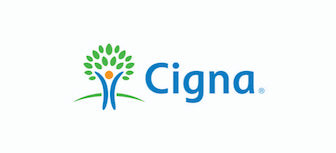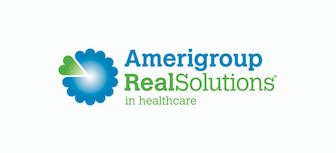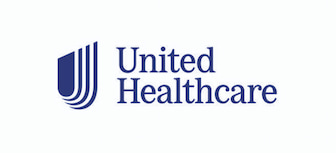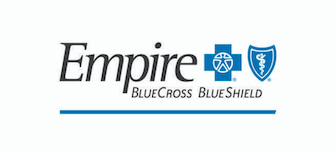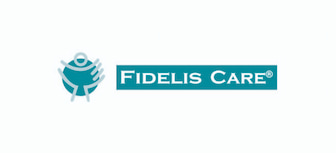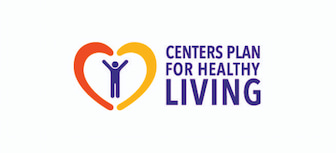What Is Dermatology?
Dermatology is a branch of medicine that’s concentrated around the diagnosis, treatment and prevention of conditions that affect the skin as well as those having to do with your hair, nails and mucous membranes. A dermatologist is a physician who’s had specialized training in dermatology, manages chronic skin conditions and helps prevent them from getting worse. They can also address cosmetic concerns such as wrinkles, though those services are rarely covered by insurance.
Manhattan is a heavily populated area with a lot of hustle and bustle. It’s not difficult to book an appointment with a dermatologist in Manhattan who takes Medicaid. It’s easy to get around via subway or bus, and many medical practices may be within walking distance of your home. Look for a Medicaid dermatologist in Manhattan who’s convenient and offers the services that you need the most.
Does Medicaid Cover the Best Dermatologists in Manhattan?
Health insurance for eligible low-income Americans obtained through Medicaid provides coverage for a dermatologist when it’s medically necessary.
Treatment for illnesses as well as preventive healthcare services are covered, which includes seeing a Manhattan dermatologist who takes Medicaid.
The covered healthcare services include:
- Lab work and other diagnostic testing
- Hospital stays
- Prescribed medications
- Medical equipment and supplies
You may be expected to pay a co-pay for some services. Medical professionals can’t refuse to provide care if you’re unable to pay, however. When you book an appointment with a Manhattan dermatology practice, confirm that they accept Medicaid. Depending on your policy, you may or may not need a referral to see a specialist such as a dermatologist, urologist or gynecologist. Many NYC Medicaid plans do require you to get a referral from your primary care doctor.
How Does a Medicaid Dermatologist in Manhattan Become Board Certified?
Dermatologists are medical doctors who undergo extensive training to prepare for this career path. Some choose to become board-certified, which is a voluntary step that demonstrates the dermatologist has completed rigorous education and training.
Steps to complete this process include:
- Graduating from college with a bachelor’s degree
- Graduating from medical school
- Completing an internship that usually lasts one year
- Finishing a residency program specializing in dermatology
- Completing more than 12,000 hours of patient care
- Becoming licensed to practice medicine
When you book an appointment with a board certified dermatologist in Manhattan who takes Medicaid, you can be sure you’re seeing a doctor with thorough knowledge of the skin and the tissues under the skin. Some dermatologists choose to pursue specialized knowledge by completing a fellowship lasting one or two years.
Examples of specialties include:
- Pediatric dermatology to work with kids
- Dermatopathology that requires more lab work and study of skin diseases
- Cosmetic dermatology to provide treatments to improve your appearance
- Mohs surgery, which is a specialized surgical procedure done to remove cancer cells from your skin, layer by layer
What Are the Most Common Conditions Treated by a Manhattan Dermatologist Who Takes Medicaid?
There are thousands of disorders that can cause skin rashes, irritation, itching or abnormal growths. While your primary care doctor in Manhattan can usually tell if you have shingles or an allergic reaction, a trained dermatologist can tell you for sure if you need special treatment for a skin disorder.
The most common conditions that a dermatologist who takes Medicaid treats include:
- Acne, a common condition that frequently affects teenagers but may also affect adults
- Eczema, dry, itchy patches of skin that don’t respond to over-the-counter treatments
- Warts, skin growths caused by a virus
- Vitiligo, characterized by uneven skin pigmentation and white patches of skin
- Psoriasis, a condition in which the body attacks itself, creating dry, scaly patches of abnormal skin
- Rosacea, characterized by facial redness, swelling and red or pink bumps that may be mistaken for acne
- Fungal infections, such as ringworm, oral thrush and athlete’s foot
- Hereditary hair loss that can affect both men and women
- Actinic keratosis, which are precancerous growths that appear as rough patches that are dark and scaly
Skin cancer is a common form of cancer that can be cured when caught early. Your Manhattan dermatology specialist has the knowledge and experience needed to recognize abnormalities that could be skin cancer.
What Treatments Are Offered by a Medicaid Dermatologist in Manhattan?
Different dermatological conditions may have widely different approaches to treatment.
When you book an appointment for dermatology treatment, some of the treatment options your NYC dermatologist may use include:
- Prescription medication in pill or topical form
- Injected medication
- Laser surgery to treat problems such as birthmarks, moles, tumors and warts
- Chemical peels
- Dermabrasion to help reduce the appearance of wrinkles or to remove scar tissue
- Excision surgery that involves removing tissue using a scalpel
- Cryosurgery, which is the use of extreme cold to freeze tissue
- Sclerotherapy for damaged veins
- Skin grafts and flaps to restore skin that’s missing or damaged
- Biopsies to examine tissue to aid in diagnosis
There are many top-rated dermatologists in Manhattan who take Medicaid. The best dermatologists in Manhattan are committed to providing thorough and compassionate care while staying up to date on the latest developments in the care of skin, nails and hair.
What Are Signs That I Need to Visit a Dermatologist in Manhattan Who Takes Medicaid?
Many skin conditions respond to over-the-counter treatments or to topical medications prescribed by your Midtown Manhattan primary care doctor.
You may need to see an experienced dermatology expert for skin problems that don’t go away, such as:
- Stubborn acne
- A mole that’s changed in color or size
- Long-lasting skin itching or irritation
- Uneven facial pigmentation
- Warts, growths or cysts
There’s no reason to avoid seeing a Manhattan dermatologist who takes Medicaid if you have concerns about your nail, hair or skin that haven’t been solved by your primary care doctor. Book an appointment today before the condition gets worse.


 My BestDoc
My BestDoc
 Future Appointments
Future Appointments
 Settings
Settings
 Sign out
Sign out
